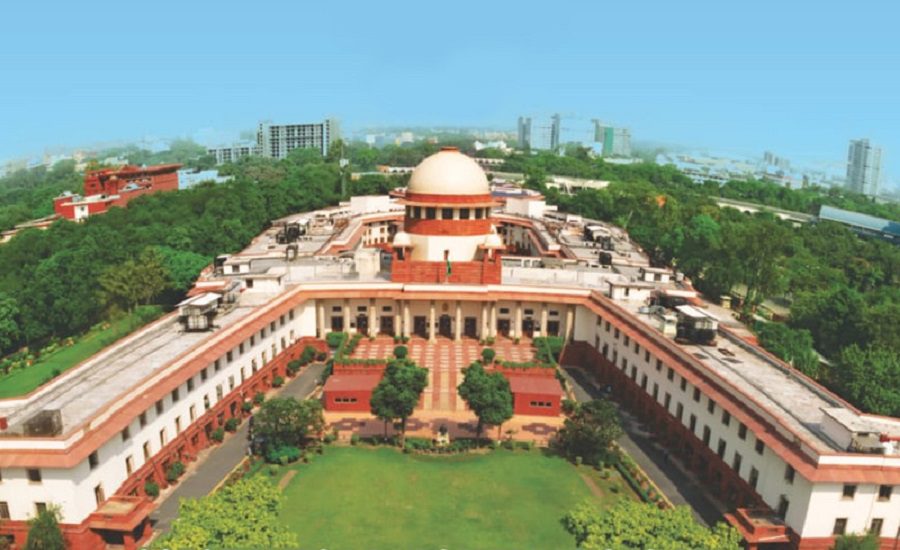New Delhi: In a significant decision, the Supreme Court of India has ruled that a tenant cannot convert their status into ownership of the rented property just by occupation. The judgment aims to clarify confusion around long-term tenancy, rental occupancy and claims to ownership.
This comes as many tenants believe that staying for many years, paying rent regularly or not being challenged by the landlord gives them ownership rights. The court has now set this straight.
Background of the Story
In India, disputes between landlords and tenants often center on whether a tenant, after long occupancy, can claim ownership — especially under the doctrine of “adverse possession”.
Under this doctrine, someone who occupies land openly and continuously, without owner’s permission, for a fixed period, may claim ownership.
However, tenancy typically involves the landlord’s consent and payment of rent; that makes the tenant’s possession “permissive” and not “adverse”.
The Supreme Court has reaffirmed that distinction: permission + rent = tenancy, which does not convert automatically into ownership.
Importance of This Case
- Landlords now have clarity that they cannot be surprised by a tenant’s sudden claim to ownership simply because the tenant stayed long.
- Tenants must understand; long stay + rent payment ≠ ownership.
- Property laws will see less ambiguity for owners, fewer surprise claims from tenants.
- Rental market relationships may need better contracts and documentation.
Key Points of the Supreme Court Rental Property Verdict
- Possession Must Be “Hostile” to Claim Ownership
- The court emphasised that for adverse possession (claiming ownership) the tenant’s possession must be hostile — meaning without landlord’s permission. But tenancy by definition involves permission. The judgement holds: tenant possession ≠ hostile possession.
- Payment of Rent & Landlord’s Consent Undercut Ownership Claim
- If a tenant pays rent regularly and the landlord accepts it, the relationship is landlord-tenant, not adverse possessor. Thus, ownership claim fails.
- Long Stay Alone Doesn’t Make Tenant Owner: Even decades of stay cannot turn tenancy into ownership unless all legal criteria for adverse possession are satisfied (no rent, no landlord permission etc.). The court clarified that tenancy rights stop short of ownership rights.
- Landlord’s Rights Protected: The owner retains rights; must monitor property, ensure rent is documented, ensure that tenancy doesn’t slip into unclaimed dormant possession. The ruling gives landlords legal reassurances.
Impact of Supreme Court Rental Property Verdict for Landlords
- Ensure rental agreements are in writing, clearly define person as tenant, rent accepted with documentation.
- Regularly inspect and assert ownership rights; don’t let matters drift.
- If rent isn’t paid or tenant’s possession becomes questionable, act promptly.
- Keep clear records of landlord consent, tenant status and no ambiguity that possession is tenancy, not hostile.
Impact Supreme Court Rental Property Verdict for Tenants
- Understand that tenancy does not give you property ownership by default.
- If you aspire for ownership, you cannot rely on long stay alone; legal pathways are complex.
- Ensure you know your rights, but do not assume your rent payment or years of stay give you title.
- If claiming ownership, understand you must meet stringent criteria which many tenants won’t satisfy.





























